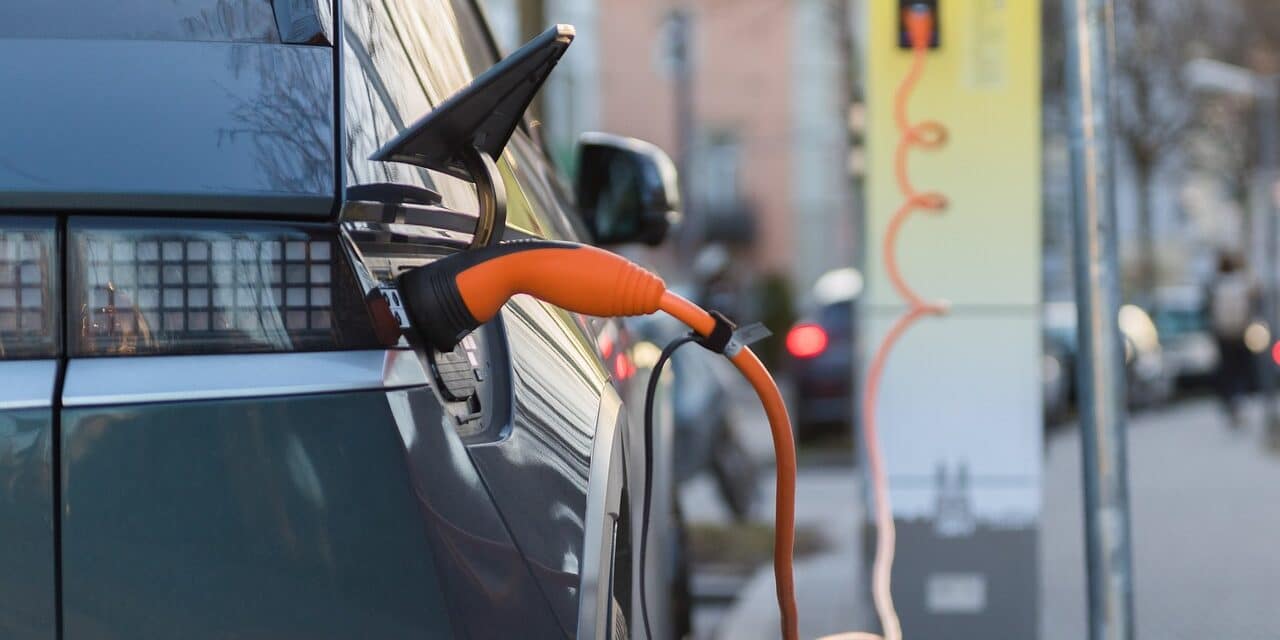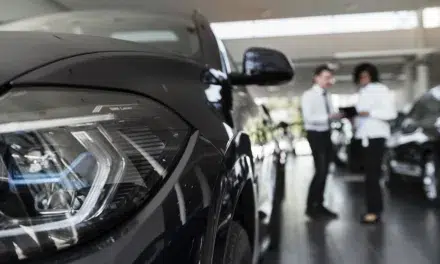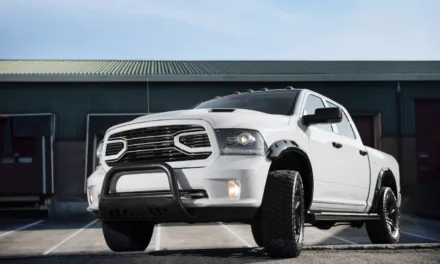Transport is the largest contributor to harmful climate emissions in Scotland, so we believe passionately in persuading people to switch to electric vehicles to help ensure a cleaner, greener future.
But we know there’s some enduring myths out there that might be stopping you making that change. So, let’s take a look at five of the most common:
Myth 1: You can’t go very far in an electric vehicle
Truth: EVs have an average range of around 200 miles, with many able to go much further on a single charge. You can increase that range by sticking to the speed limit, braking carefully and taking unnecessary items out of your car to lighten the load.
Advertisement
If you’re on a long journey, you can use a rapid charger to top up your charge at a public point while on a rest break.
Myth 2: EVs are much more expensive than normal cars
Truth: There’s a bit of truth to this one, but only if you just consider the up-front price.
If you also look at running costs, servicing and how well they retain their resale value, EVs come out on top. Some car parks even offer free parking spaces for electric vehicles.
As battery prices fall, and EVs become more mainstream, we expect their price to reduce over the next few years too.
Myth 3: If we all start driving EVs, the grid won’t cope
Truth: Even if everyone in the UK suddenly switched to an EV, National Grid believes it would only increase electricity demand by around 10% – which they are confident they could manage.
But of course, that won’t happen. The shift to EVs is currently happening very gradually, so it can easily afford to speed up a bit.
Advertisement
Myth 4: EV batteries can’t be recycled, so will just end up in landfill – that’s not very green, is it?
Truth: This is one of those myths that has got a lot of traction – but simply isn’t true. EV batteries can be recycled at processing centres, or be repurposed for energy storage. At the moment, some EV batteries are being shipped to EU processing centres to be recycled, but this is a short-term solution until the UK government sets up a recycling chain on our shores.
Myth 5: Charging takes too long and is far too complicated
EV chargers come in different shapes and sizes, but rapid chargers – such as FOR:EV’s – can take as little as 20 minutes to charge a vehicle, depending on its output. And because our latest technology provides a stress-free charging experience with a variety of payment options, you won’t need to download any apps or rely on having a mobile phone connection.
Want to know more about the benefits of going electric? Click here to talk to us.


















This piece is simply an advertorial and must not be read as fact. It has not been written by an independent, unbiased journalist.
“If you’re on a long journey, you can use a rapid charger to top up your charge at a public point while on a rest break.” Fact: If you can find an available one that works. A motorway service station CEO has recently reported “charge rage” with long queues at busy times.
“EVs are much more expensive than normal cars”, but “If you also look at running costs, servicing and how well they retain their resale value, EVs come out on top.” Fact: New, they are demonstrably much more costly, to buy or to lease, and we have recently seen steep falls in residuals as people are wary of battery life and the enormous cost of replacement in a used car.
“Some car parks even offer free parking spaces for electric vehicles” Maybe but how often do we park our working vehicles?
And finally “20 minutes to charge”. Please tell us which currently available EV cars can take a full charge in that time!
Sorry, this is total spin over substance, and I bet you won’t publish these comments.
Hey Tom,
Thanks for your feedback, which we have published.
Our website is all about our community and it’s important you have the platform to provide feedback, whether good or bad.
Cheers,
Alan